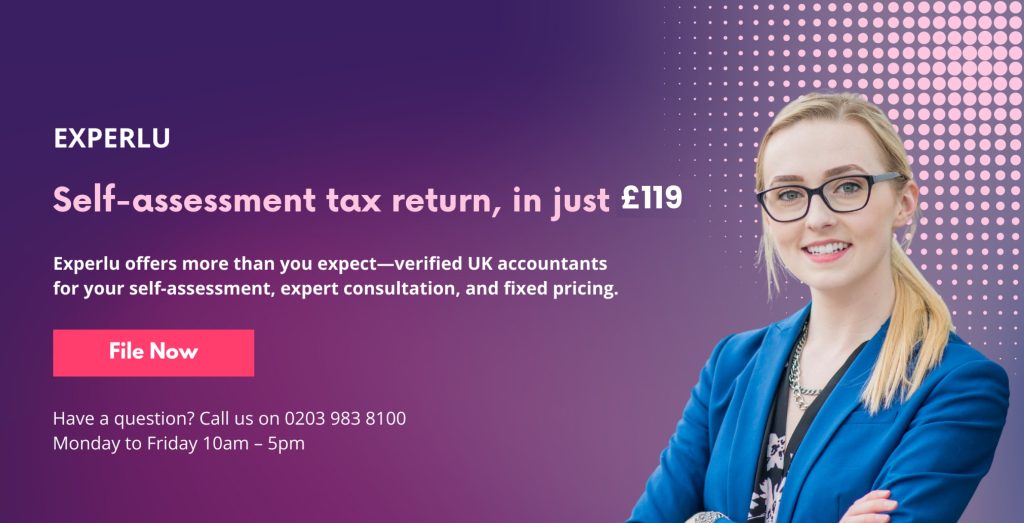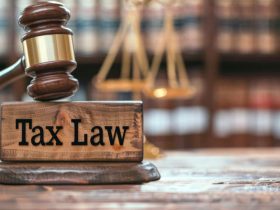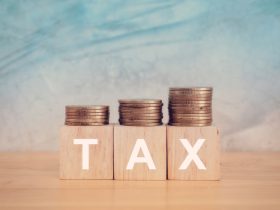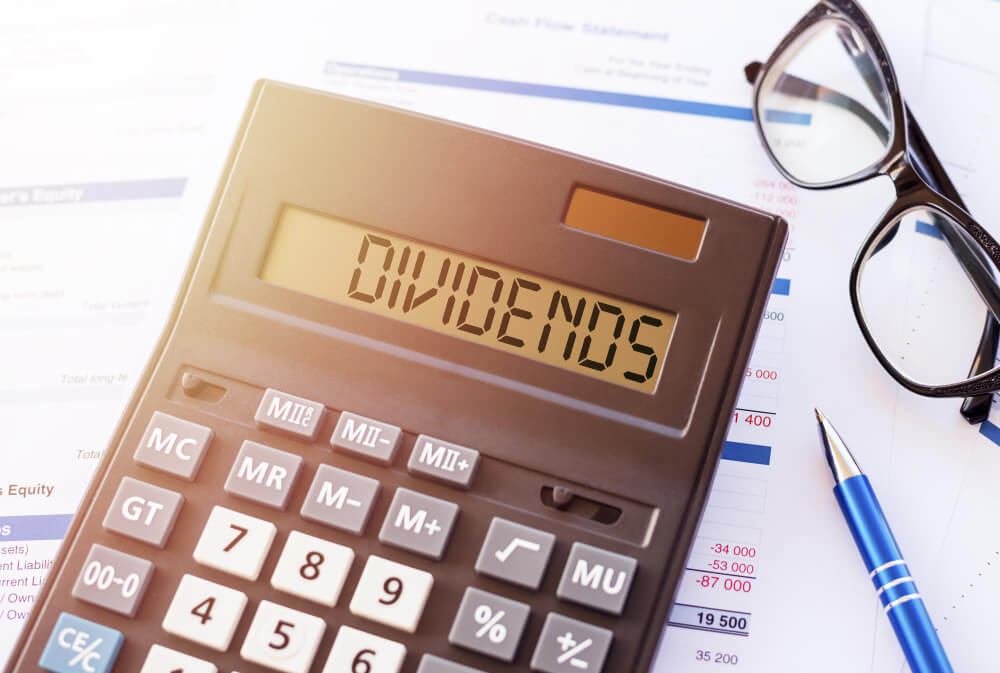In running your business daily, you usually accrue expenses required to create your product or deliver your service. As a general rule, almost any expenditure directly tied to facilitating you to operate your company can be considered a business expense.
HMRC provides many tax-saving options, and companies must be mindful of making the most of these deductions while filing taxes. In this blog, we will talk about deductible business tax in UK.
Table of Content
What are deductible business tax expenses?
Essential business costs that are not taxable are known as tax-deductible business expenses.

Allowable expenses aren’t considered part of business tax UK profits. Therefore, you don’t have to pay tax on these expenses. For instance, a business makes £15,000 in revenue annually. They spend £3,000 on allowable expenses. They only pay tax on the remaining £12,000.
You can claim allowable expenses by filing an annual Self Assessment tax return. You don’t have to submit proof of your expenditures when you submit your tax return; however, HMRC may inquire you to show evidence of your costs.
Tax-deductible business expenses UK
1. Office Supplies
If you’re struggling to find business expenses to claim on your tax return, you don’t have to search any further than your desk.
HMRC will let you claim a variety of business tax reliefs, including:
- Desk phone
- Mobile phone
- Postage costs
- Printing costs
- Cartridges and printer ink
- Business stationery
- Any computer software that your company utilises for less than two years
- Any computer software your company utilises and makes regular fees to renew the licence
You can even claim for your laptop, home computer, or tablet – but only so far as it’s used for business.
That implies if you have purchased a home computer in the previous tax year that you are only using for business 50% of the time, you can only claim the expenditure of that desktop as a business expense on a pro-rata basis.
You may claim these expenditures as capital allowances for major items like computers and costly software.
2. Home use
If you work remotely, you can put through a portion of the operating costs of your home.
This could cover household expenses such as light and heat, broadband/ISP, telephone, rent, mortgage interest, council tax, insurance, purchases of and repairs to business equipment, cleaning and some repairs of the premises. But there are some drawbacks to be careful of.
Firstly, suppose you claim that an entire place in the residence is dedicated to the company.
In that case, you could jeopardise your entitlement to Only or Main Residence Relief – which generally guarantees that any profit on the sale of your primary personal residence is tax-free.
Secondly, ensure that the dedicated area is only used for business purposes. So make sure the children aren’t doing homework and playing in the room simultaneously!
3. Marketing expenses
Another cost that entrepreneurs often forget to claim is the expense of marketing their business. HMRC will let you claim the following uk business tax expenses for marketing purposes:
- Any advertising you’ve made in publications or directories
- Bulk mail advertising
- Paid media- Facebook, Google, Instagram, LinkedIn
- Any expenses associated with free samples you’ve created and distributed
- Website hosting and maintenance expenses
- Software costs
4. Clothes expenses
You’re not allowed to claim your entire wardrobe as a tax-deductible expense, but there are specific items of clothing you can claim to decrease your tax bill at the end of each tax year.
Permitted clothing expenses include:
- Work-related uniforms
- Protective clothing required for your work
- Costumes for entertainers or actors
Unlike travel expenses, you can deduct the entire amount of work-related clothing from your profits on your tax bill annually.
Unfortunately, you can’t claim the casual outfits you decide to wear to work. Work-specific clothing items are necessary to qualify as a business expense.
5. Motor expenses
Suppose you utilise your vehicle to make business trips (say to customers or suppliers but excluding normal commuting).
You can claim mileage expenses at a rate of 45p per mile for the initial 10,000 and 25p per mile afterwards.
Alternatively, you could transfer the car to the company and then claim relief not only for the value of the vehicle itself but also for all the operating costs.
However, they will be restricted to reflect any private use, and if you’re running via a company, it is likely more tax efficient.
6. Family allowances
If your spouse or family members are legitimately helping in the business, you could pay them a salary.
Whilst there might be tax savings for you and the company, this could trigger tax implications for your partner/relation and NI for both the company and them.
They must conduct some tasks for the company, and it must be at a reasonable rate.
If you want to get your childrens involved, be careful of the rules concerning what hours they can work and the National Minimum Wage applied to them.
7. Record keeping
Firstly, ensure you maintain all of your receipts. This will guarantee you claim everything you’re entitled to and is also an HMRC necessity – especially important if you are VAT registered.
Additionally, you must make sure to record all of your transactions accurately. Not only will this ensure you claim everything you are entitled to and keep a close hold on your business, but it is also an HMRC requirement, and serious cases can lead to fines.
- Other tax-deductible businesses expenses
- Gifts to good causes and gifts to clients costing up to £50 and bearing the company name.
- Miscellaneous expenses – provide a detailed description of each item and define why you claim it.
- Insurance such as office and commercial building policies.
- Courses to maintain and develop existing skills are allowable; however, training for developing new expertise is not allowable (i.e. it would be a capital expense).
- Legal expenses, including fee recovery and fixing engagements.

Final thoughts
If your business incurs expenses wholly and exclusively for business purposes, it usually is a tax-deductible expense.
These expenses can reduce your overall tax bill and be a significant element of cash-flow planning and enhancing your operating margins.
Taking advantage of these deductible small business tax expenses requires efficient bookkeeping, financial reporting, and a thorough understanding of the qualifying expenses.










